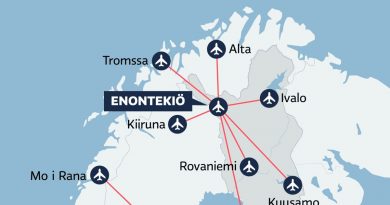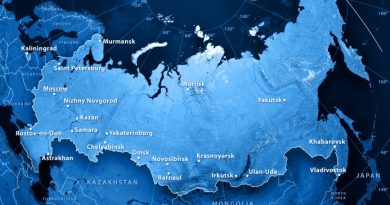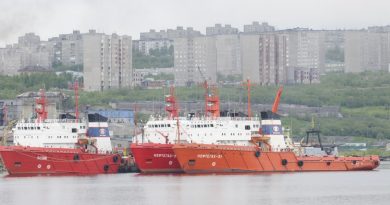Premier expects N.W.T. will break ground on $1.65B highway in 2-3 years
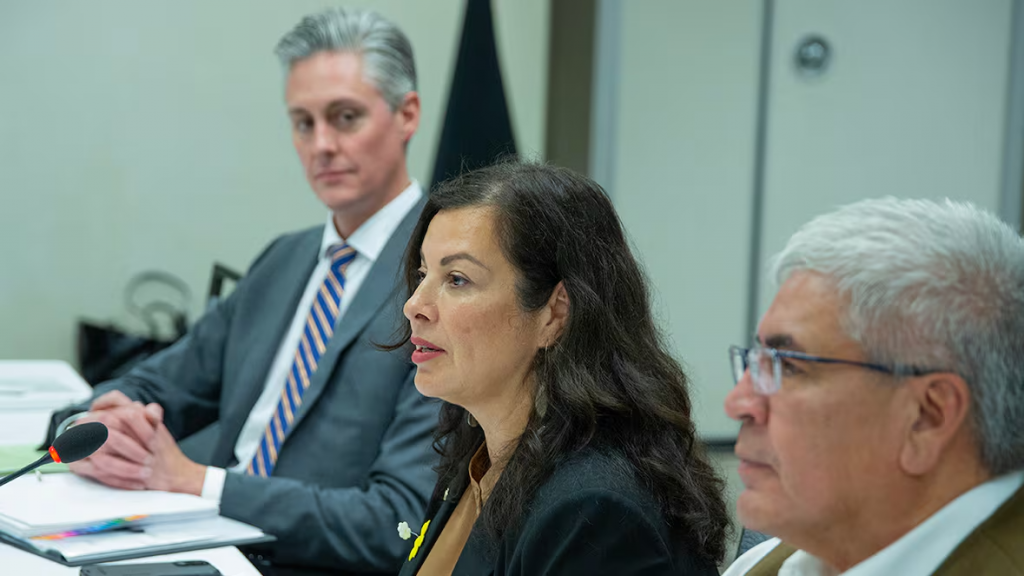
The premier said he feels ‘much more of a focus on the North’ from the federal government after Ottawa visit
N.W.T. Premier R.J. Simpson says he feels confident after talks with the federal government that the Mackenzie Valley Highway will be built and that the territory will be breaking ground on it within the next two or three years.
Simpson was in Ottawa with the N.W.T. Council of Leaders this week to meet with various cabinet ministers and parliamentary secretaries.
He said the territory’s major projects, which also include the Taltson hydro expansion and the Arctic Economic and Security Corridor, are being received very well in Ottawa.
The Mackenzie Valley Highway would connect Wrigley to Norman Wells, providing access to remote communities along the way. Its cost is estimated at $1.65 billion, though that amount is preliminary and expected to evolve, according to a spokesperson for the Ministry of Infrastructure.
The territory is looking for funding from Ottawa for the project. Simpson said that a traditional cost split would have the territory take on 25 per cent, with the federal government taking on the remaining 75 per cent. The financing for the project has not yet been settled, though Simpson said there are likely federal programs the territory could access to start construction.
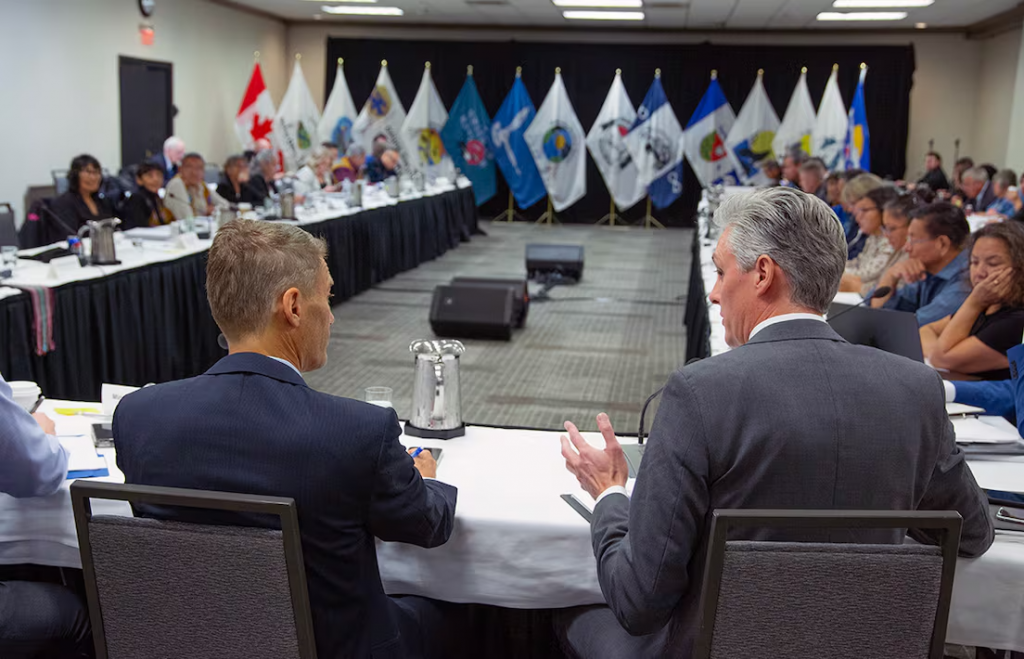
Last year, the N.W.T. government was expecting a report on the project’s environmental assessment in 2025 or early 2026.
The Mackenzie Valley Highway has not been shepherded by the federal government to the same extent as the Arctic Economic and Security Corridor, which Ottawa has put on a list of priority “nation-building projects,” but Simpson said he has spoken to the Prime Minister about it.
“We’ve gotten some very good signals from the federal government,” he said.
Other conversations
Major projects were just one item on the agenda of the N.W.T. Council of Leaders during their visit. The council includes representatives from the territorial government as well as many Indigenous governments. This year marked the Council’s second visit to Ottawa as a delegation. The previous one was last year.
Simpson said no firm commitments came from this year’s trip. However, he said he noticed a different approach from Ottawa this time around.
“There’s much more of a focus on the north,” he said.
Travelling as a delegation has helped the leaders of Indigenous governments get the attention of the federal government, said Ɂek’wahtı̨dǝ́ Danny Gaudet of the Délı̨nę Got’ınę Government.
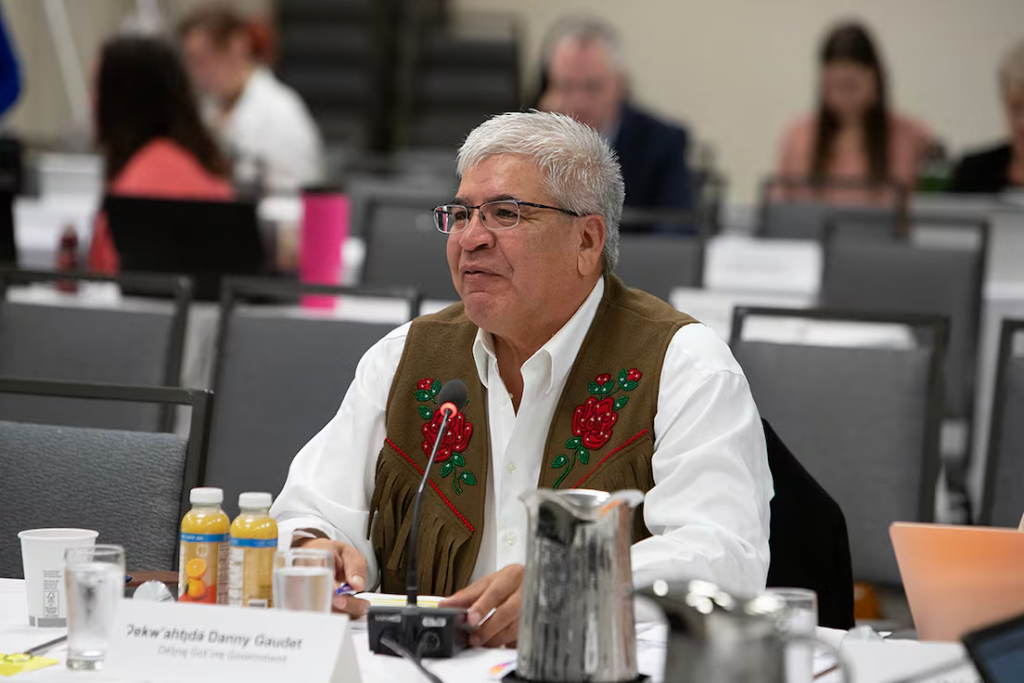
Whereas before they would have all had to set individual appointments with ministers, this has made a “huge difference,” said Gaudet, who is also the Chair of the Council of Leaders.
“We’re all sitting there so they can’t say that it’s not supported by other Indigenous groups.”
Gaudet said his priority going into the week was to talk about the impacts of cuts to Jordan’s Principle in the territory and their effects on education. He said this was discussed with the Minister of Northern and Arctic affairs, Rebecca Chartrand, and Minister of Crown-Indigenous Relations and N.W.T. MP Rebecca Alty.
He said they have not changed their position on it. “We’re still hopeful that they would work with the Indigenous communities,” Gaudet said.
The delegation also discussed housing funding with the minister of housing and Métis rights with the minister of justice, Simpson said.
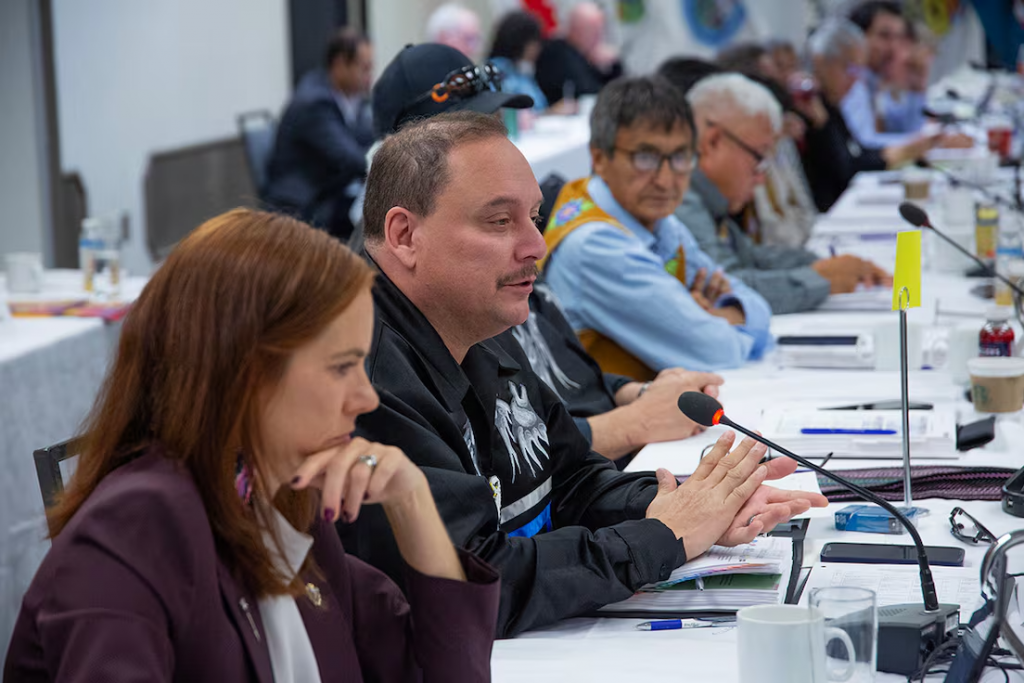
The Council of Leaders also met with:
- Eleanor Olszewski, minister of emergency management and community resilience.
- Jacques Ramsay, parliamentary secretary for the minister of public safety.
- David Myles, parliamentary secretary for the minister of Canadian identity and culture.
- Mandy Gull-Masty, minister of Indigenous services.
- Maggie Chi, parliamentary secretary to the minister of health.
- Mark Fisher, president and Gemma Boag, director general of the Canada Water Agency.
- Senator Margaret Dawn Anderson.
Prime Minister Mark Carney was away in Washington during the trip.
Meetings took place on Oct. 7 and 8. The trip was funded by the N.W.T. government and Crown-Indigenous Relations and Northern Affairs Canada. CBC did not receive a figure for the cost of the trip from the N.W.T. government by deadline.
Gaudet said the next steps once everybody heads home are informing people of what was discussed, and getting back to work submitting proposals to the government.
“I’m satisfied with what we’ve accomplished so far here,” he said.
Related stories from around the North:
Canada: Pehdzéh Kı̨ seeks confidentiality for traditional knowledge on proposed Mackenzie Valley Highway, CBC News
Russia: Putin in Arkhangelsk: Arctic industry and infrastructure on agenda, The Independent Barents Observer

